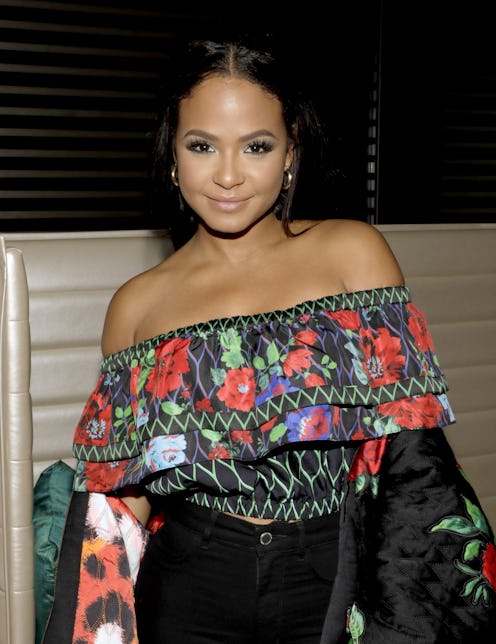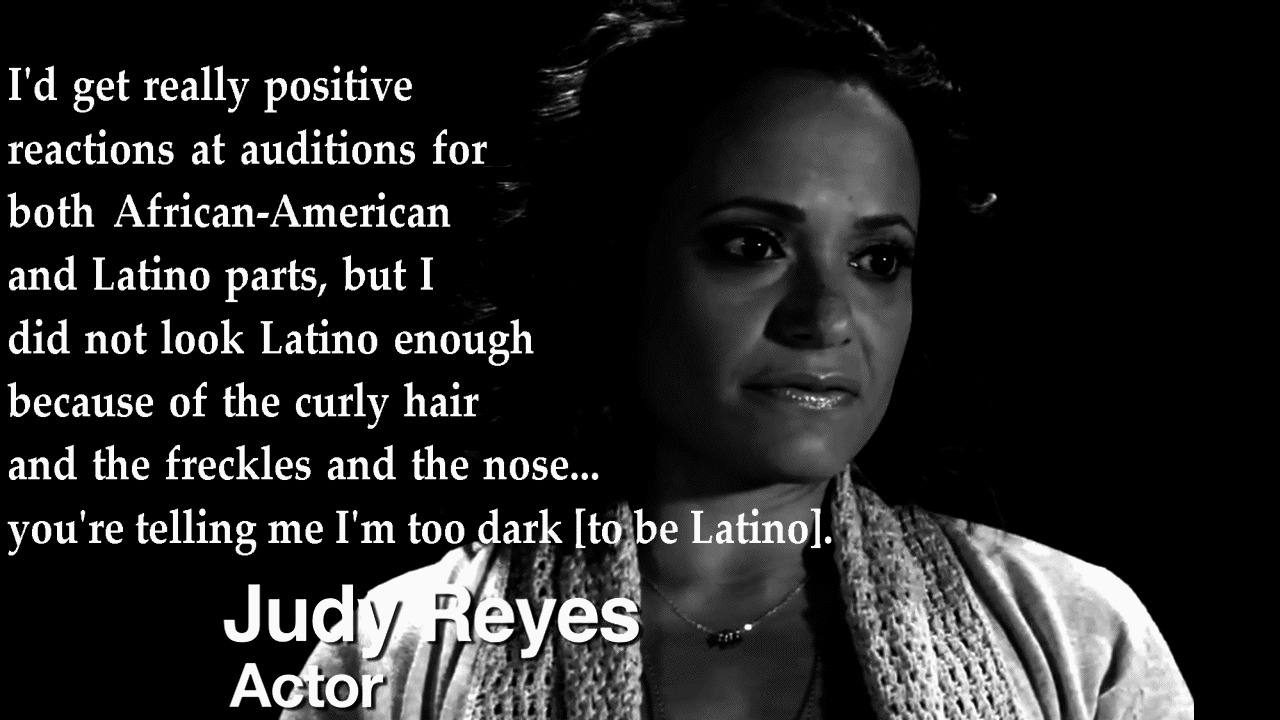Entertainment
Afro-Latinos Are Missing From Pop Culture

As we all know, movies and TV shows that celebrate Black culture and discuss the issues facing Black lives are made far too infrequently. And of the entertainment that is made, it's often just Black American culture that gets portrayed, rather than African or, especially, Black Latino culture. When it was reported that the White House was going to change Black History month to National African American History Month earlier this year, the possibility made the narrowed narrative even more obvious; through this potential change, nationalism would become the center point of reference, and the vastness of Black identity would be drastically limited. Because of this and so much more, it's incredibly important to see the culture and history of Afro-Latinos portrayed in pop culture. Sadly, however, there has been a scarcity of Afro-Latino centered films and TV series, which is completely disheartening.
A 2016 Pew Research Center survey of Latino adults showed that one-quarter of all U.S. Latinos self-identify as Afro-Latino, Afro-Caribbean or of African descent with roots in Latin America. Despite this, however, these cultures are rarely shown on-screen. The rare example? The show New York Undercover, in which Eddie Torres (Michael DeLorenzo) and Nina Moreno (Laura Luna Velez) were Afro-Latino. There's also Rosie Perez's character Gloria Clemente in White Men Can't Jump, another Afro-Latina. But those are two of the only examples of Afro-Latino characters in over 20 years of pop culture that exist.

In a time where diversity and immigrant culture are major parts of our country's political issues, it's heartening to see that some filmmakers are making movies about underrepresented identities, such as the Academy Award-winning film Moonlight. It's just disheartening that Afro-Latino culture isn't getting more recognition on-screen, despite its prevalence in real life. Documentaries and narrative films like They Are We, Black and Latino, and Tango Negro show the historical influence of Afro-culture in Latin countries, but these movies are small indies, not mainstream, popular releases. Depictions of Afro-Latino culture can't just happen on a small scale; popular culture has to take the lead in creating more roles for Afro-Latinos in mainstream films and TV shows.
And actors are ready to take on the parts. “When I became an actress, I quickly realized that the world liked their Latinas to look Italian, not like me,” said Gina Torres in the documentary Black and Latino. “And so I wasn’t going up for Latina parts, I was going up for African-American parts.” Laz Alonso, meanwhile, said this in an interview with Latina Magazine in 2011: “I always like to say that whether you’re African-American, Afro-Jamaican, Afro-Haitian, Afro-British, Afro-Cuban, Afro-Panamanian, whatever — black is black. This division that we’ve created by identifying what kind of black you are, I think, is stupid. I’m no less black than an African-American when it comes to playing an African-American role, because my roots are from Africa and I was born and raised in America. I have a Cuban influence from my ethnicity, so I feel 100 percent Cuban and 100 percent Black and nobody can take that away from me. For me, playing an African American role is playing myself and playing a Latino role — I’m playing myself.”
Clearly, Hollywood is not lacking Afro-Latino actors. Christina Milian, Matt Cedeño, Rosario Dawson, Tatyana Ali, Amauray Nolasco, Judy Reyes and countless others represent this culture, but aren't often given parts that reflect their heritage. “I’m Cuban but [people] didn’t get it because I was also brown-skinned, and you usually see a fair-skinned Latino, so it was just like, ‘Oh, what are you? Are you black? Are you white?’ I didn’t feel like I had to make a choice. I am what I am," Milian told HuffPost Live in 2015. "We’re all different, but you have to accept our differences. As far as Afro-Cuban [goes], I’m finding more and more that there’s people opening their eyes to seeing that. Latinos come in all colors, all shades.”
There is a large group of people missing the on-screen representation they deserve, and as these actors' testimonies show, adding their stories to more films and TV shows couldn't be more important.